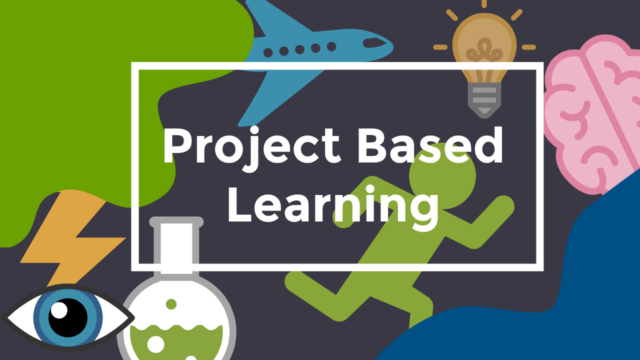PBL is an instructional approach whose focus is on students being engaged with real-world projects and problems. The approach emphasizes active learning, critical thinking, and problem-solving with many attendant benefits to learners.
Application of Theory to the Real World
Project-based learning does this by ensuring that learners learn by applying what they learn to the real world. It is all about cramming information, but it involves the projects that ensure learners apply their skills and knowledge in solving a problem that depicts real life. For example, designing a sustainable garden or developing a community awareness campaign. Through this, learners will understand just how relevant the learning shall be and how applied it shall be in life.
Developing Critical Skills
Project-based learning helps students in developing critical skills other than merely academic. While doing these projects, they learn to think critically and solve problems since they have to sift through complicated problems using innovative solutions. They develop better communication and collaboration skills through team work, as projects generally involve working in groups with presentations made to peers or the community.
Also, PBL enhances creativity and flexibility as the learner will have to devise other ways to solve the problem at hand and make changes to the adopted strategy whenever need be. All these competencies are not significant in school settings only but also in future professional life and in daily life.
Higher Levels of Engagement and Motivation
In most cases, project-based learning heightens the level of engagement and motivation. Relevant projects that link to the interests of students increase their willingness to learn. Students are more motivated and have a greater interest in learning if they see the practical application of their work and also have ownership of it.
Moreover, PBL is hands-on, keeping students actively involved in the learning process, making lessons dynamic and interactive. Keeping them much more involved, there could be a deeper understanding of the material and improved knowledge retention.
Encouragement of Self-Directed Learning
Project-based learning is more self-directed, as learners are, in most cases, at liberty to identify and find information on a given topic. In such learning, students develop self-managed skills since they become responsible for their learning. Students learn how to set goals, be effective time managers, and find the resources necessary to finish their projects.
It also enhances self-reliance and self-confidence. Initiative and decision-making while working on the projects inculcate in the student the expertise of managing one’s own learning process and the methodology to conquer the problems.
Challenges and Considerations
Though there are several advantages associated with project-based learning, it is definitely not free from challenges. Development and execution of projects can take a lot of time and may require massive planning. Teachers have to structure the projects in a careful manner so that they revolve around the curriculum standards and learning objectives.
Moreover, evaluating student performance in a project-based learning set can be challenging. For example, coming up with rubrics and assessment tools which will clearly capture the level of understanding and skills learners have acquired. Clearly laying out expectations and providing feedback would help in effectively assessing student progress.
Conclusion
Project-based learning has a variety of benefits, including real-world application, development of important critical skills, increased engagement, and encouragement of self-directed learning. Preparing students for future success, it fosters a deeper understanding in academic content and focuses on meaningful projects and problem-solving in practice. Even though there are challenges, it is hard to disallow the benefits of project-based learning in modern education because it gives students such an enriched and effective learning experience.








